When you hear the word caregiver, what comes to mind? Parent, nurse, doctor, childcare provider, teacher, psychologist, others? Caregivers are responsible for the physical and emotional care of someone else. Oftentimes, people associate caregiver with parent. While this is not inaccurate, these terms are not exclusive. The term caregiver encompasses a much larger group of people. One might be a caregiver to their small child who is developing and growing. But one might also be a caregiver for their adolescent and adult child who has various developmental, physical, or mental health needs (familial). This might also mean caregiving for someone who is not of any relation (professional).
Many times, these acts are out of love, with the caregiver choosing to care for this person because they care deeply for them. While their intention is good, the act of caregiving is something that requires the caregiver to provide time and energy. How many times have you seen a parent of a young child working through a behavior at a local grocery, or seen a support worker or aid helping an older individual with a physical need that requires assistance? While caregivers often chose to be caregivers to some degree, this at times results in unexpected stress or fatigue on the caregiver. Depending on the type of caregiver you are dictates whether you can “shut it off” at the end of the day. Even those of us who are not parents and who can walk away from work at the end of the day struggle at times with stress and fatigue due to working in high stress environments or with populations who engage in a high rate of aberrant behaviors.
Understanding caregiving from different perspectives (nurses, psychologist and other mental health professionals, parents), hardships caregivers experience (caregiver burnout, empathy fatigue), and ways to take care of your own well-being (self-care as a caregiver) normalizes the experiences we have in caring for others. It also provides to opportunity to empathize more with those around us. It reminds us that we, as humans, need understanding and support from other humans. We as caregivers, are not exempt from experiencing emotions, and still need to feel cared for ourselves. Over the coming weeks, we will provide a number of articles or short blogs about caregiving from a number of these perspectives.
Kari A. Wold, MA, LMLP
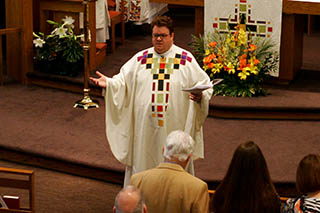
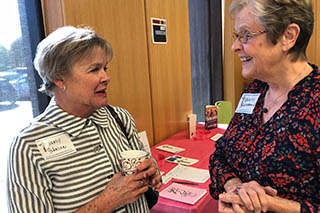
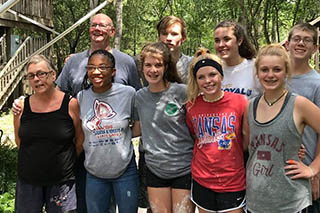
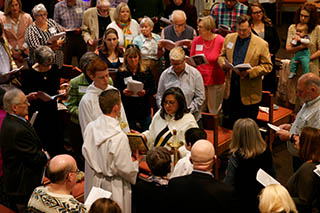
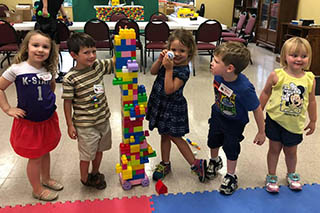
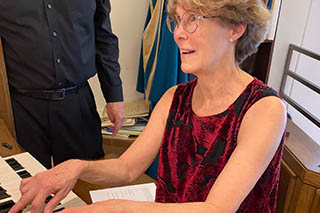
Great insights by Kari- and lots to think about. Thanks so much.